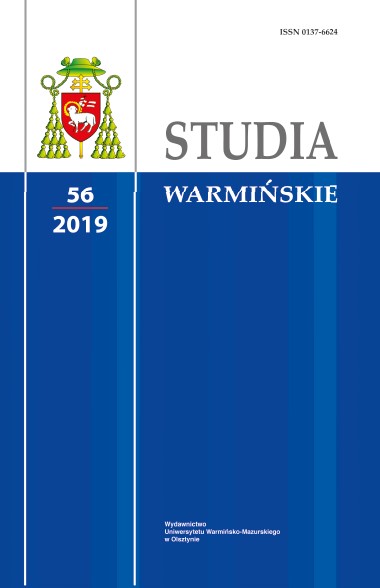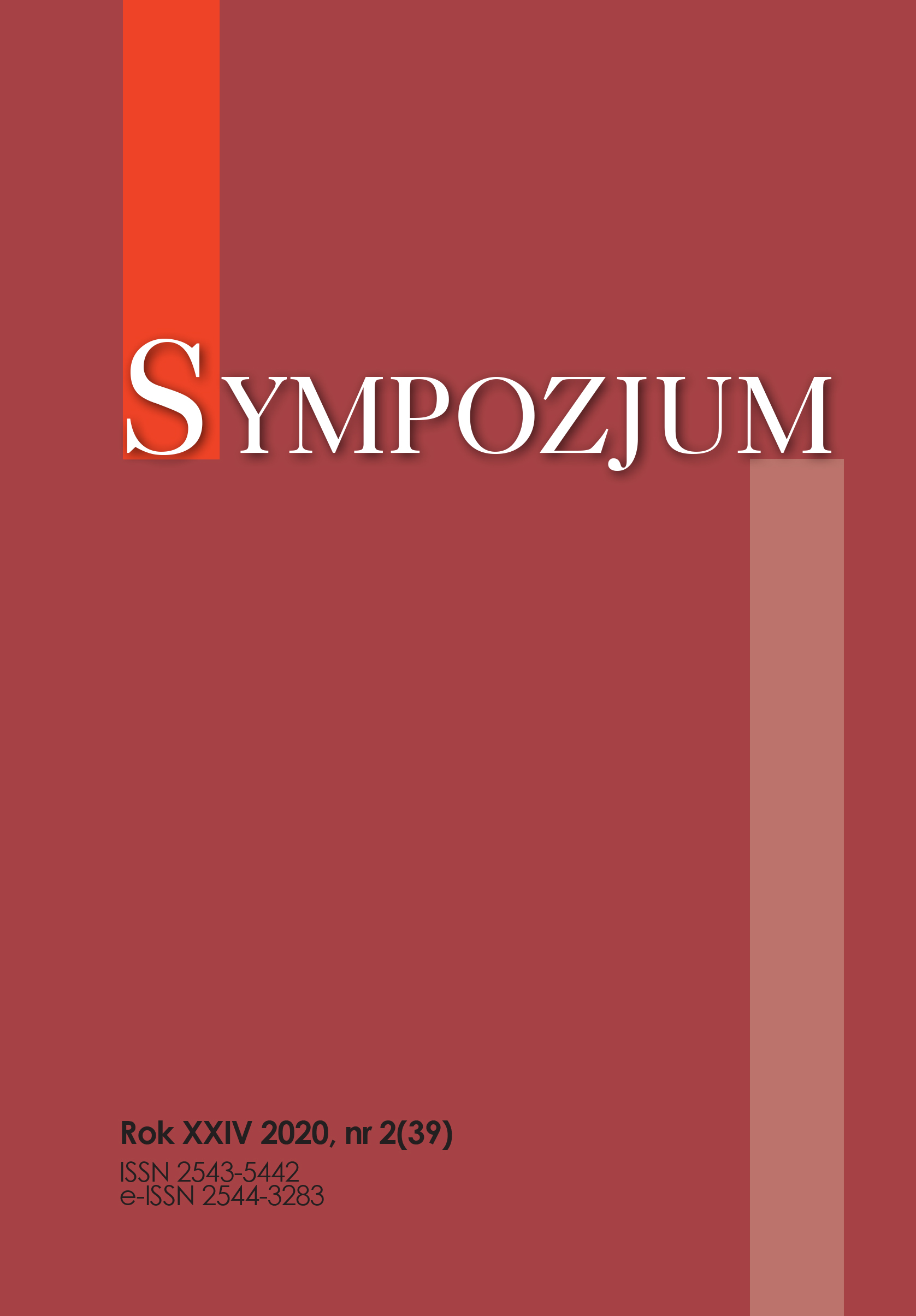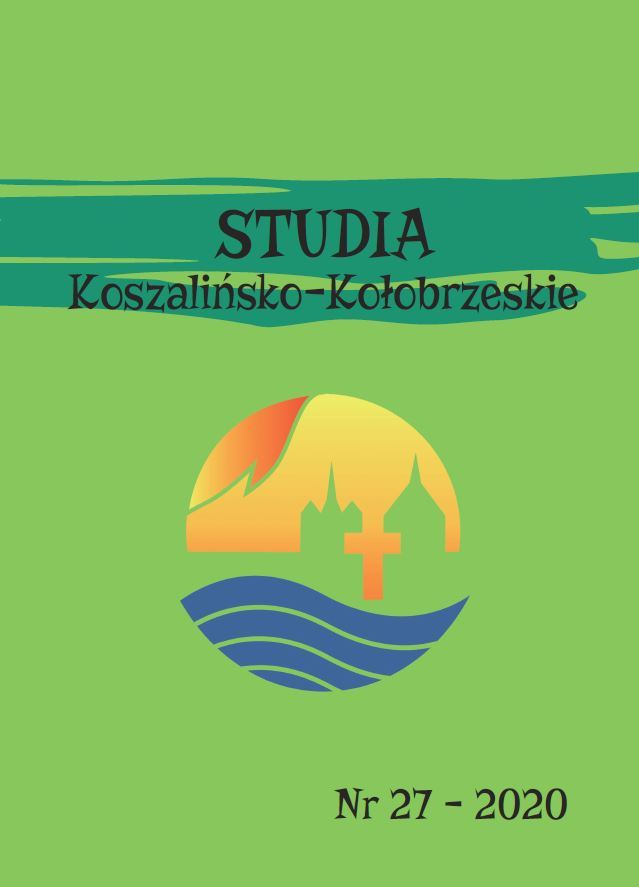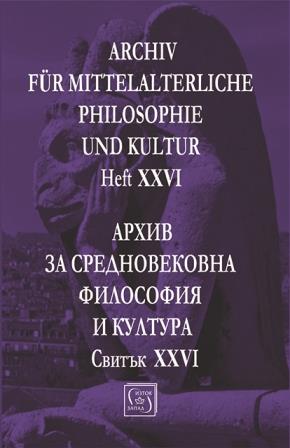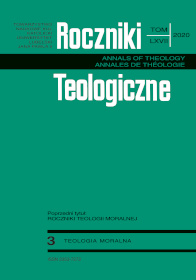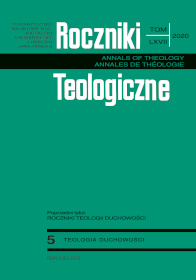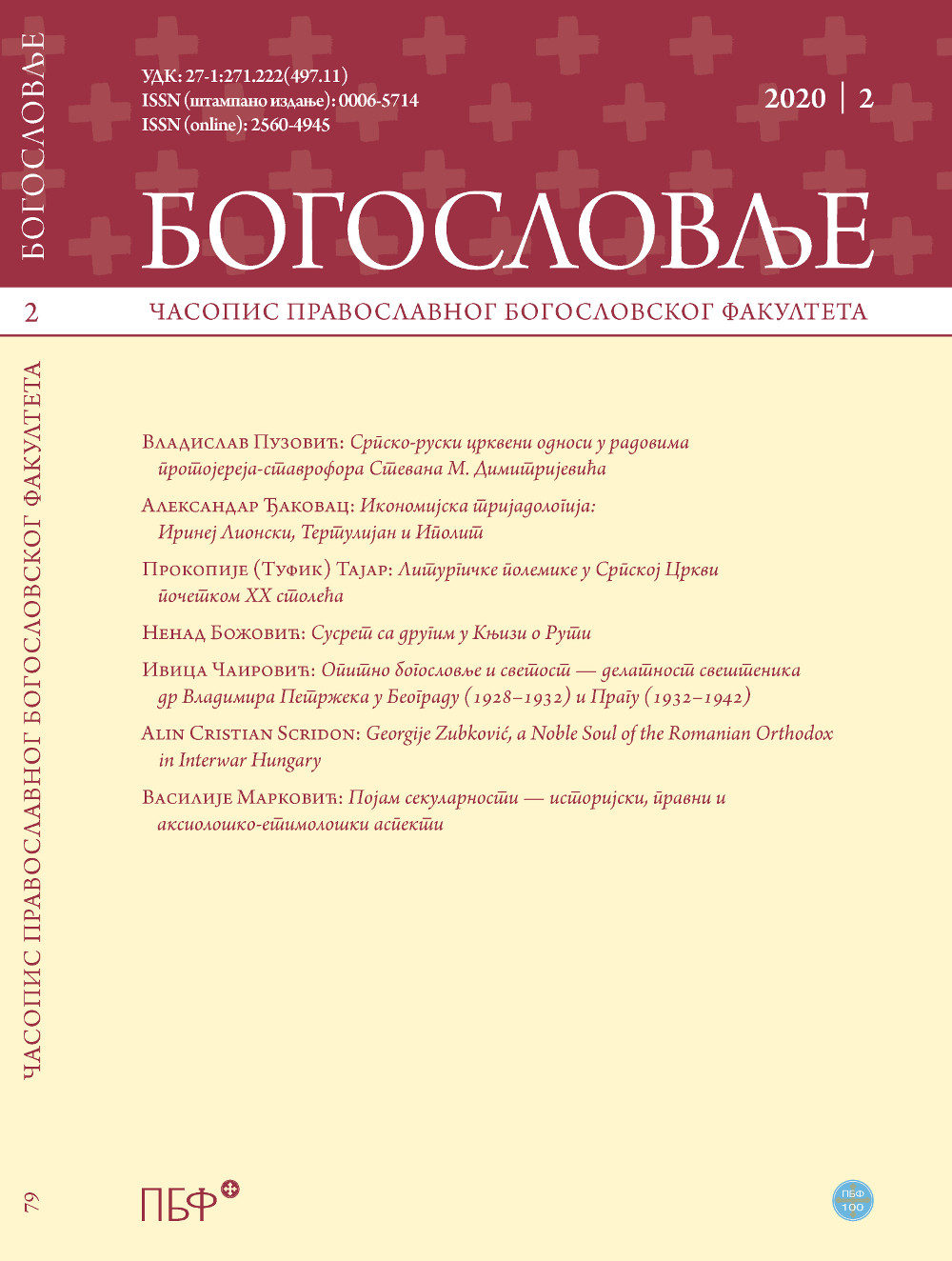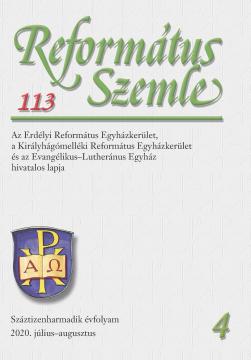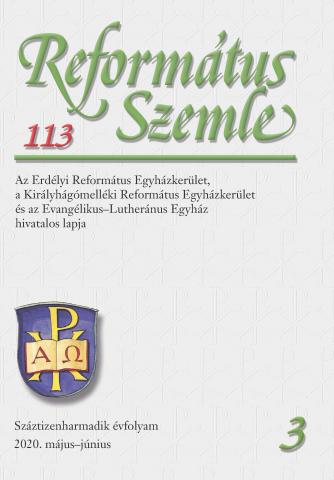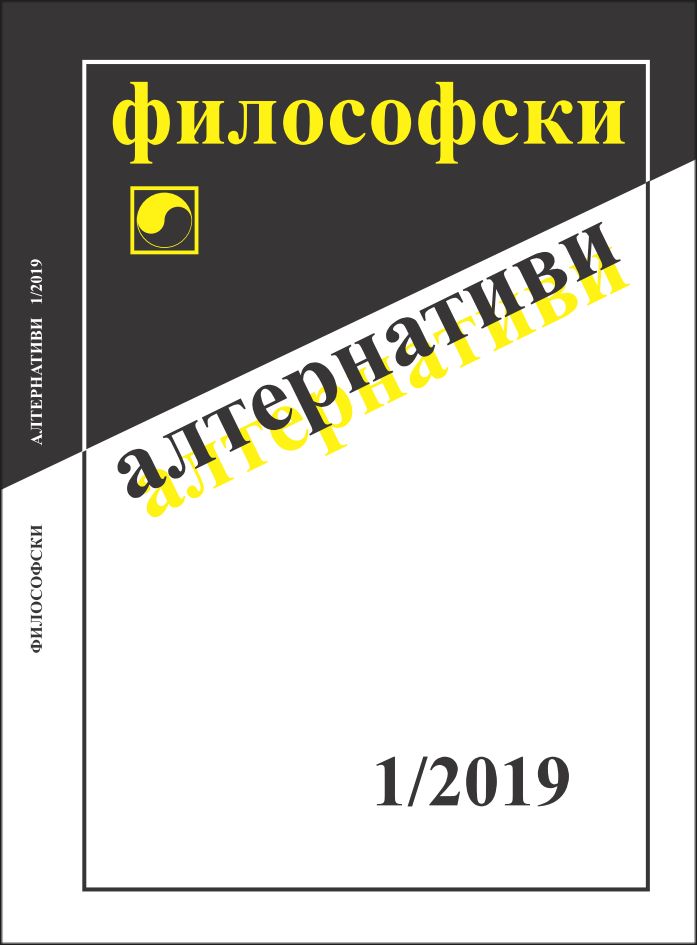
Философски интерпретации на християнството
The article includes several conceptual focuses: the personality of Jesus Christ as true God and Man; the differences between birth and creation in relation to Jesus Christ as the Son of God; the question of the possibility of Divine Kennosis in the person of Jesus Christ; the question of the HolyTrinity. These issues are interpreted in a philosophical context. The text discusses God as Absolute Transcendence, Infinity, Totality and Love. At the same time, the author strives to establish a correspondence with the concepts of conventional theology on these four points.
More...
